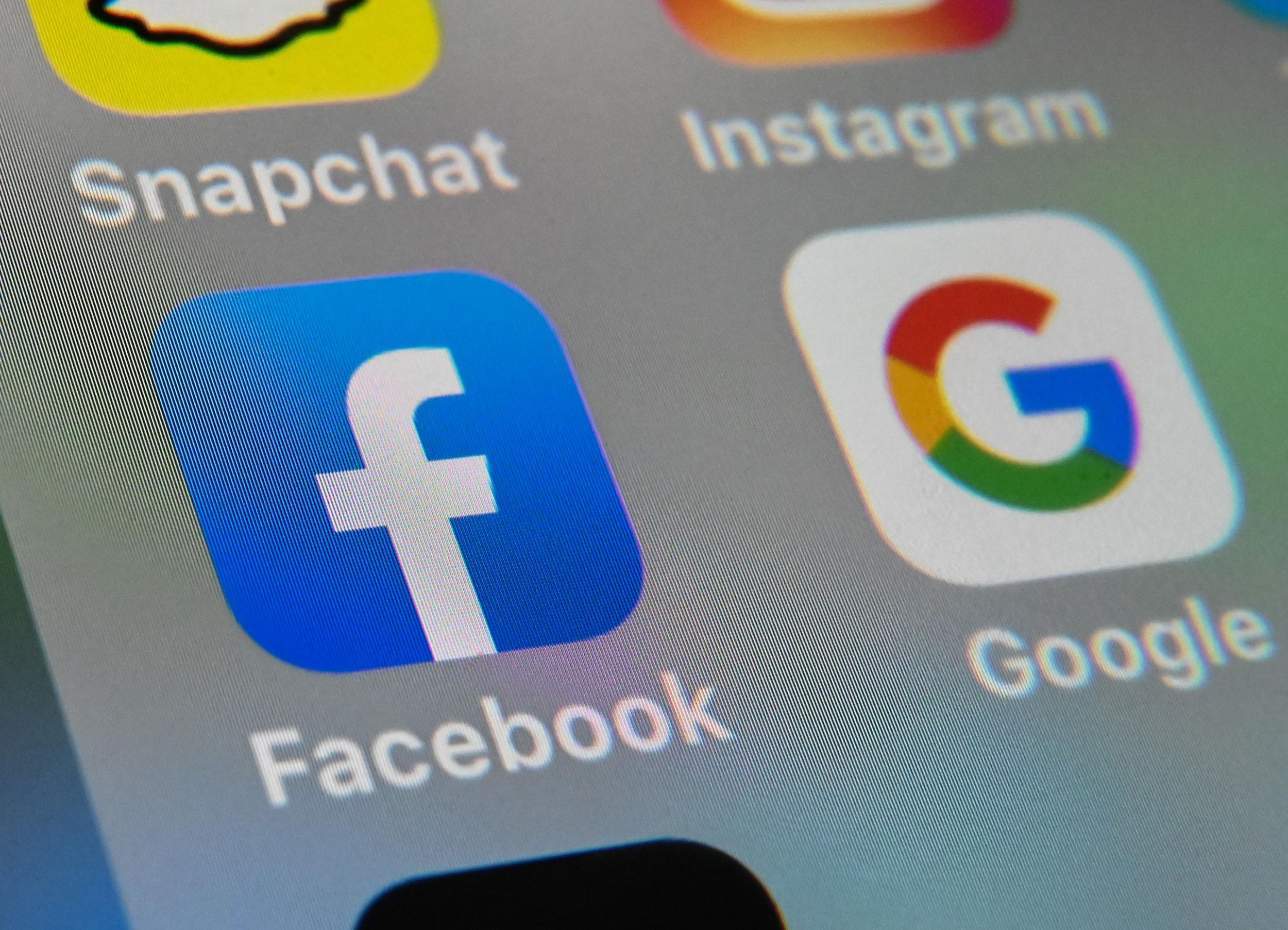Facebook will tell users when they're about to share out-of-date information
Pop-ups could also show when sharing information about coronavirus

Facebook will now inform users if content they are sharing is more than three months old.
“Over the past several months, our internal research found that the timeliness of an article is an important piece of context that helps people decide what to read, trust and share,” Facebook Vice President of Feed and Stories John Hegeman wrote on the company’s blog.
Users will be given the option to continue to share the article, if they believe it is still relevant, or “go back” if they did not realise the article may be out of date.
According to Facebook, news publishers have expressed concerns about older stories being shared unknowingly because they can skew readers’ perceptions of current events.
Old articles are not the only content that triggers a Facebook pop-up. The social media site is also considering a similar notification that provides users with data about COVID-19.
Facebook would inform users about the source of a link they are sharing, and direct people to its Information Centre about the coronavirus.
It had been providing such information at the top of the news feed.
Facebook is not the only company introducing pop-ups for articles. Twitter is currently experimenting with a similar feature when a user tries to share an article they have not read.
This news comes as research finds that people who regularly use social media for information on the coronavirus are more likely to believe conspiracy theories about COVID-19 and break lockdown rules.
Join our commenting forum
Join thought-provoking conversations, follow other Independent readers and see their replies
0Comments